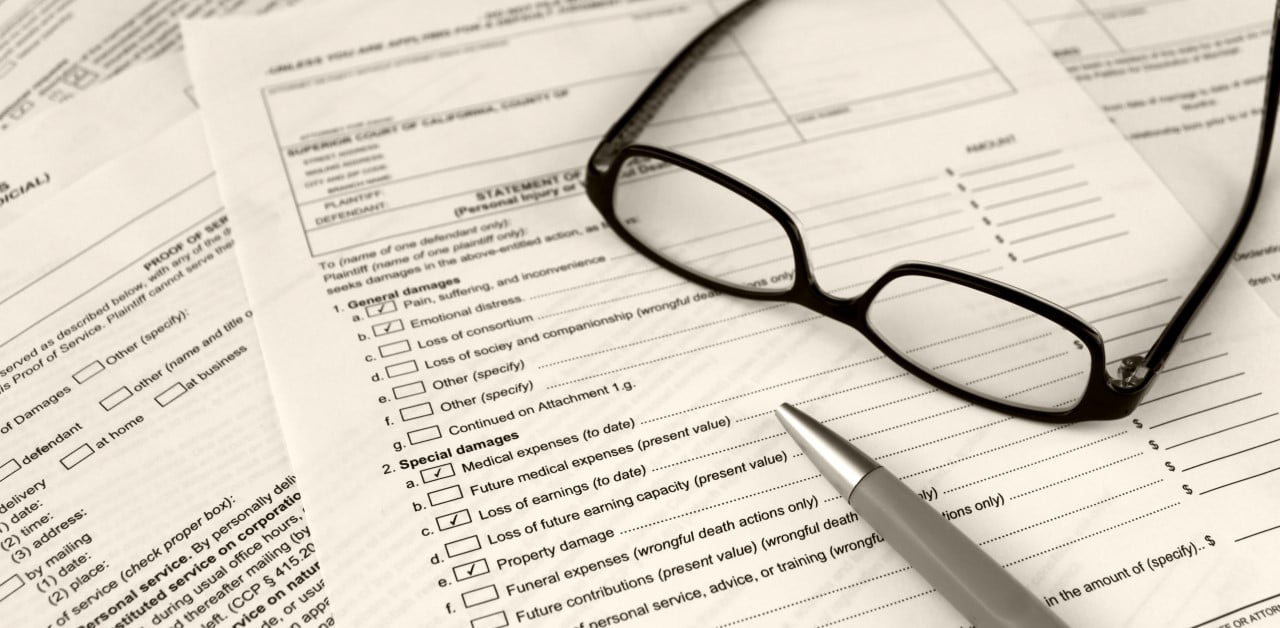Rent increases – what you should know
Can a landlord unilaterally increase rent?
Rent prices usually closely reflect wider social and economic trends. In the current economic climate – with high inflation, rising interest rates and high demand for rental properties – it is unsurprising that many landlords are looking to increase the rent on their properties. Can they? Are there any limitations?
The short answer is, yes. It is generally legal for a rental provider to increase the rent. However, there are some limitations.
Frequency
The frequency of a rent increase depends on what State or Territory a renter lives in, and, in some jurisdictions, whether a renter is on a fixed-term or periodic agreement.
If a renter is on a fixed-term tenancy (an agreement for a set amount of time, with a specific start and end date), rent cannot be increased during the lease period, unless outlined within the rental agreement.[1] Otherwise, a rental provider must wait until the end of the agreement.
If a renter is on a periodic lease (often called a month-to-month agreement), rent must not be increased more frequently that outlined in each state and territory’s laws. In Victoria, New South Wales and the ACT, this is not more than once every twelve months.[2] Whilst in the other jurisdictions, rent may be increased every six months. It should be noted, however, that on 1 July 2023, new rules for Queensland are set to come in place, limiting rent increases to once every twelve months.
Notice
In Victoria, a rental provider must give a renter at least 60 days’ notice in writing of a proposed rent increase.[3]
For the notice to be valid, the rental provider must use the correct form, provided by Consumer Affairs Victoria.[4] The form must include the following:
- The proposed rent increase amount;
- How the rent increase was calculated; and
- Information as to the renter’s rights if they think the increase is excessive.
Is there a limit on how much rent can be increased?
This depends on which State you live in. In Victoria, like most jurisdictions, there is no definitive limit to restrict how much rent can be increased by. However, a rental provider must advise the renter as to how any increase has been calculated.[5]
The ACT is the exception, being the only jurisdiction in Australia to legislate a rent increase cap – limiting an increase to no more than ten percent above Canberra’s Consumer Price Index.
Can a rent increase be challenged?
If a renter believes that the proposed rent increase is too high, they should first try to negotiate with their landlord.
Consumer Affairs Victoria (CAV)
If negotiations are unsuccessful, a renter may apply to CAV to challenge the rent increase.[6] This application must be made within thirty days after receiving a notice of rent increase.[7] CAV will conduct a rent assessment, where they will inspect the property and undertake a rental market comparison of similar properties in the area, and provide a written report to both the renter and the rental provider.
If the assessor determines that the increase is too high, and the rental provider refuses to reduce the proposed rent increase, the renter may apply to the Victorian Civil and Administrative Tribunal (VCAT).
VCAT
The renter may apply, within thirty days of receiving the CAV report, to VCAT for an order against the rent increase.[8] If successful, VCAT may order a maximum rent, which will usually be set for a twelve-month period.
Renters should know that, if their rent increase is due to increase prior to VCAT hearing their application, they must pay the increased amount until a decision is made. In the instance that VCAT orders the rent to be excessive, it may order that any increased amounts paid be refunded to the renter.[9]
In any event, whether you’re a landlord or a tenant, it pays to know your rights!
[1] For the relevant legislative provision in Victoria, see s 44(4) Residential Tenancies Act 1997 (Vic).
[2] See, for example, s 44(4A) Residential Tenancies Act 1997 (Vic).
[3] s 44(1) Residential Tenancies Act 1997 (Vic).
[4] s 44(1) Residential Tenancies Act 1997 (Vic).
[5] s 44(3)(b) Residential Tenancies Act 1997 (Vic)
[6] s 45(1) Residential Tenancies Act 1997 (Vic)
[7] s 45(2) Residential Tenancies Act 1997 (Vic)
[8] s 46 Residential Tenancies Act 1997 (Vic)
[9] s 48 Residential Tenancies Act 1997 (Vic)




